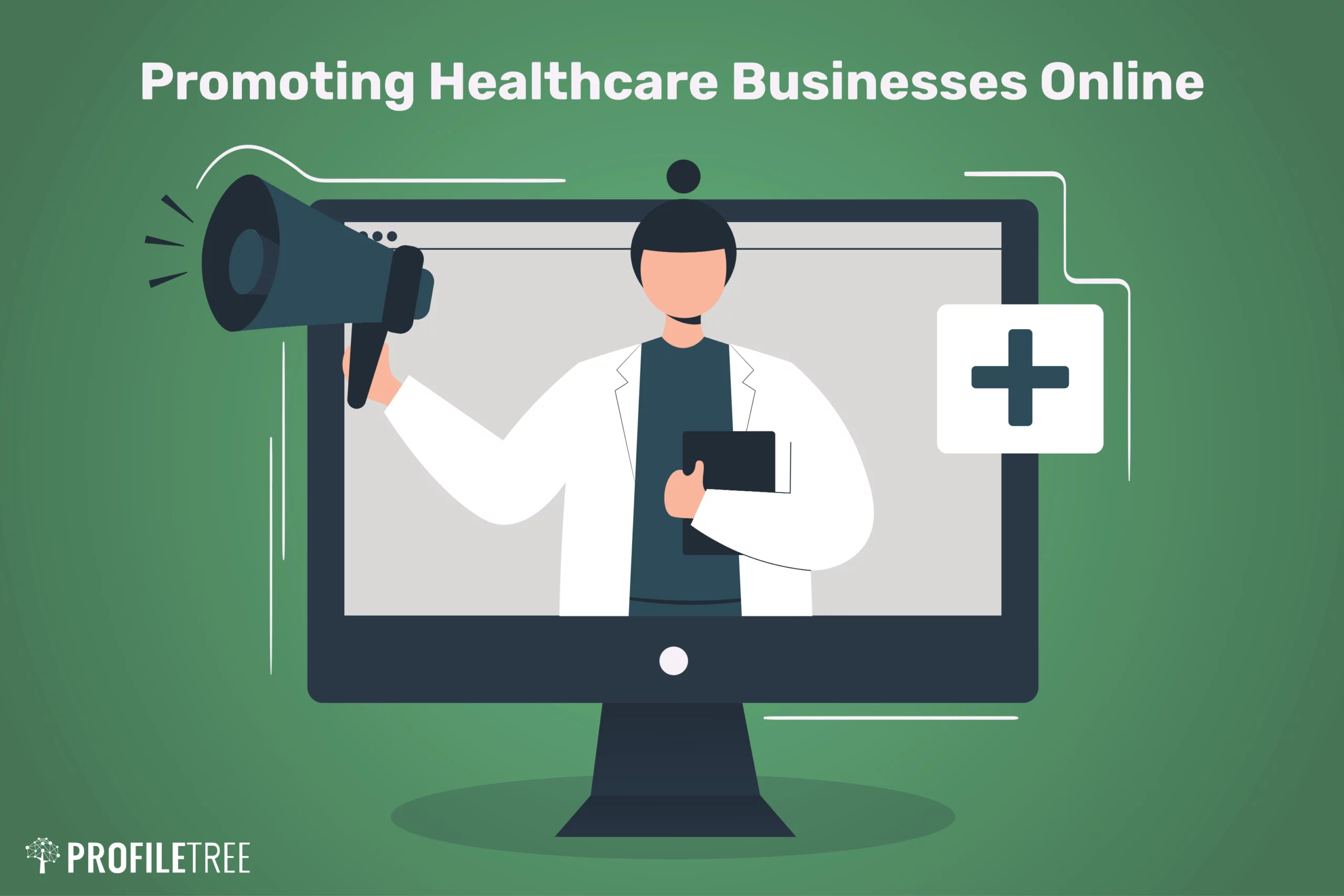The Surge of Subscription-Based Healthcare and Its Influence On Client Care
As healthcare evolves, the subscription-based model is obtaining grip, assuring to reinvent patient treatment by using predictability and access. The possibility for these designs to reshape medical care distribution raises pushing concerns concerning their long-lasting sustainability and inclusivity. Are these subscription solutions the future of health care, or do they run the risk of leaving susceptible populaces behind?
Comprehending Subscription Medical Care Designs
Comprehending the concept of membership health care models entails taking a look at a transformative method to clinical services that stresses cost and accessibility. These versions, often described as direct medical care (DPC) or attendant medicine, have actually become ingenious alternatives to conventional fee-for-service health care systems. Membership healthcare allows individuals to pay a fixed month-to-month or annual charge for a specified set of clinical solutions, which may consist of endless office visits, routine check-ups, and standard lab tests, without the requirement for typical insurance coverage billing.
The structure of registration healthcare versions is designed to improve person treatment by removing third-party payers and complex invoicing codes, therefore decreasing management burdens. Medical care suppliers can focus more on person treatment, cultivating more powerful patient-provider relationships. This design additionally promotes preventative care by urging routine brows through, as the financial obstacle of per-visit fees is eliminated.
The subscription design usually empowers healthcare suppliers to take care of smaller person panels, permitting for even more personalized treatment. It straightens economic motivations with client health and wellness results, as suppliers are inspired to preserve patient satisfaction and health. Overall, comprehending membership health care designs requires recognizing their prospective to improve just how care is provided and accessed.
Advantages for Service Providers and people

For carriers, subscription-based versions supply the opportunity to grow patient-provider partnerships. With a consistent income stream, medical care professionals can dedicate more time per person, resulting in an extra thorough and individualized care experience. This design also decreases reliance on high patient quantities, reducing fatigue and improving task fulfillment. The focus on preventative treatment within membership strategies can lead to better client end results and lowered lasting health care costs. By focusing on continuous treatment, service providers can resolve issues before they intensify, inevitably profiting the health care system in its entirety by reducing the problem on emergency situation and acute care solutions.
Difficulties and Worries
While subscription-based medical care models present numerous benefits, they additionally come with a set of obstacles and worries that have to be dealt with. Initially, ease of access continues to be a significant issue, as these versions frequently target individuals who can afford regular monthly costs, potentially omitting low-income populations. This increases honest questions about equitable access to health care services. Additionally, the diverse nature of registration plans can cause complication amongst clients pertaining to coverage specifics, possibly leading to unmet expectations or inadequate treatment.
Financial sustainability of subscription-based models is one more worry. Suppliers must balance the fixed income from registrations with the variable costs of medical care services, which may fluctuate because of unanticipated clinical demands. This can develop stress to restrict solutions or increase fees, potentially affecting individual satisfaction and care high quality.
Additionally, regulatory oversight of subscription-based health care versions is still progressing. The absence of standard frameworks can cause irregular service high quality and liability, making complex initiatives to make sure person security. The assimilation of technology-- commonly a keystone of these designs-- increases inquiries regarding you can look here information privacy and safety and security, as sensitive patient details might be at risk to breaches. Resolving these difficulties is essential for the equitable and successful execution of subscription-based healthcare.
Influence On Patient-Doctor Relationships
One substantial impact of subscription-based healthcare versions on patient-doctor connections is the capacity for boosted continuity and personalized treatment. By adopting a registration version, doctors can take care of a smaller individual panel, permitting even more committed time with each individual. This increased schedule promotes a much deeper understanding of a person's case history, way of life, and preferences, making it possible for extra tailored treatment strategies and interventions.

Nevertheless, it is essential to identify that while subscription-based models might benefit those who can afford them, they could inadvertently expand medical care variations. Clients who are unable to join these models could experience reduced access to personalized treatment, possibly affecting their relationships with doctor. Therefore, while the registration version offers appealing benefits for patient-doctor partnerships, it also poses difficulties that need to be resolved to ensure fair health care gain access to.
Future of Healthcare Accessibility

The duty of innovation can not be forgotten in this transformation. Telemedicine systems and digital health documents assist in smooth interaction in between clients and health care companies, More hints breaking down geographical and logistical barriers. Additionally, advancements in synthetic intelligence and data analytics can additionally customize medical treatment by predicting client needs and enhancing therapy strategies.
Nonetheless, the future of medical care access also offers difficulties, such as ensuring equity throughout different socio-economic teams. Policymakers and health care suppliers should team up to bridge the electronic divide, making certain view website that subscription-based designs continue to be inclusive and economical. As these systems develop, they hold the guarantee of making health care more accessible, reliable, and patient-centric.
Verdict
Subscription-based health care designs are improving client care by providing a steady price framework and boosting ease of access. These designs enhance patient-provider relationships through customized treatment and routine brows through, highlighting preventative health and wellness. Despite these benefits, challenges such as ease of access concerns for low-income populaces and the demand for fair healthcare solutions linger. The surge of subscription-based health care motivates aggressive client involvement, which has the possible to enhance person outcomes and fulfillment, indicating a transformative shift in health care shipment.
As healthcare evolves, the subscription-based design is gaining grip, assuring to change person care by providing predictability and accessibility.Subscription-based health care designs provide distinct benefits for both individuals and companies, improving the overall healthcare experience.As healthcare systems advance, the future of health care accessibility regularly hinges on the combination of cutting-edge models and innovations.Subscription-based healthcare designs are improving individual treatment by supplying a steady expense framework and boosting accessibility. The rise of subscription-based health care encourages aggressive person interaction, which has the prospective to improve patient outcomes and fulfillment, indicating a transformative shift in medical care shipment.